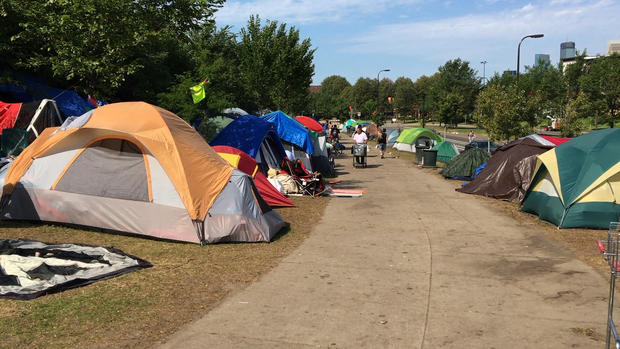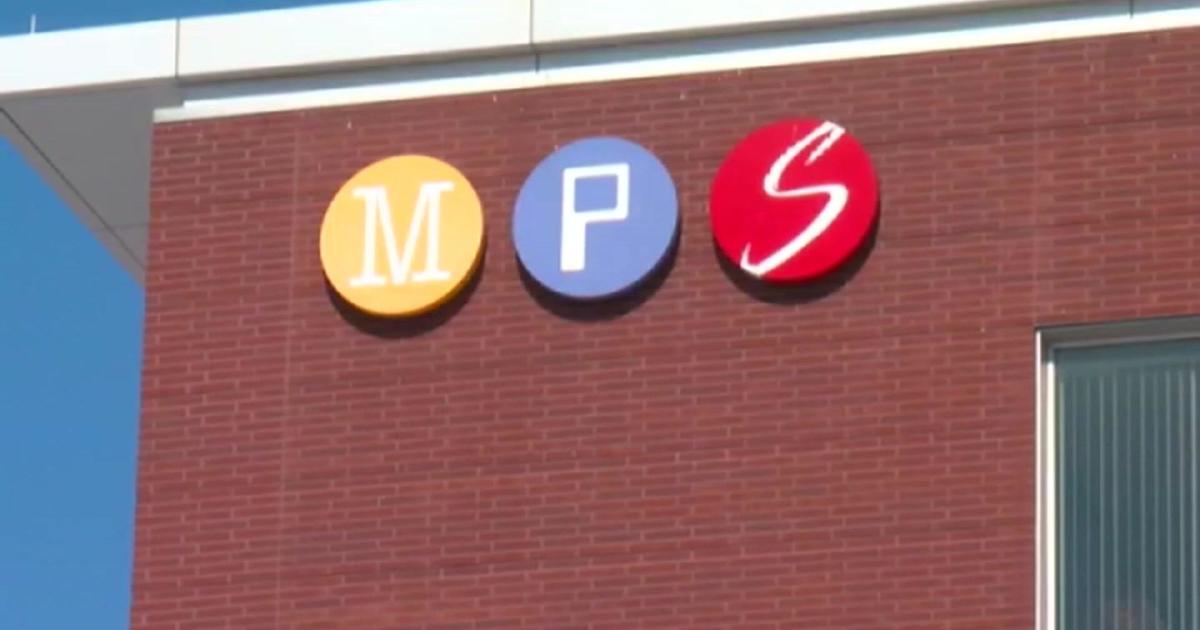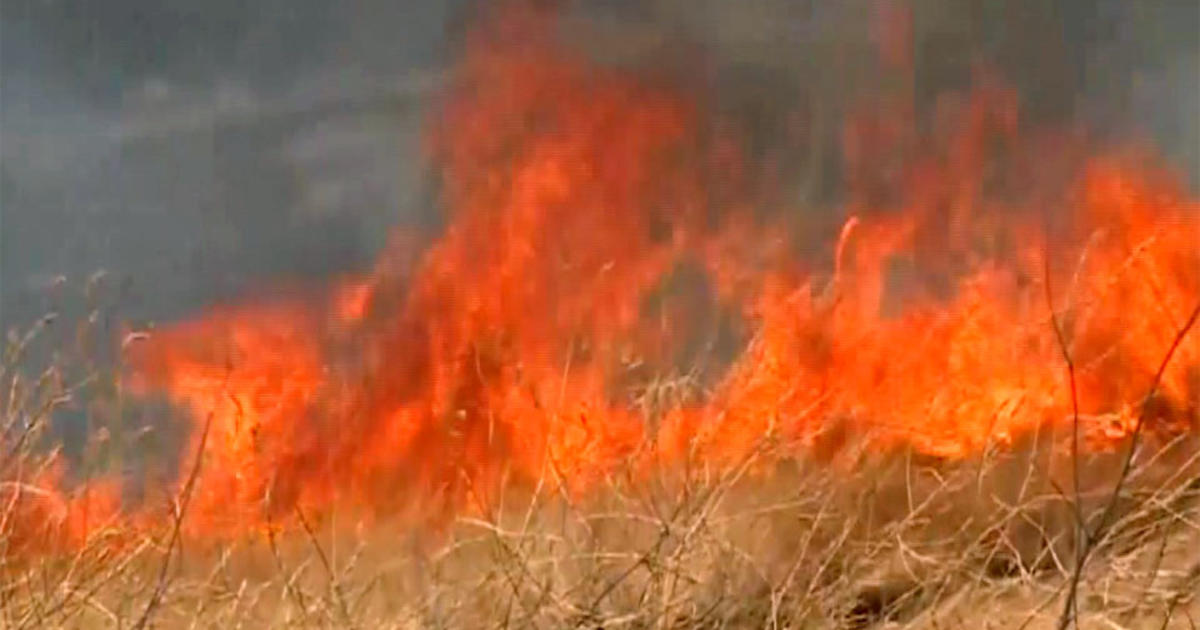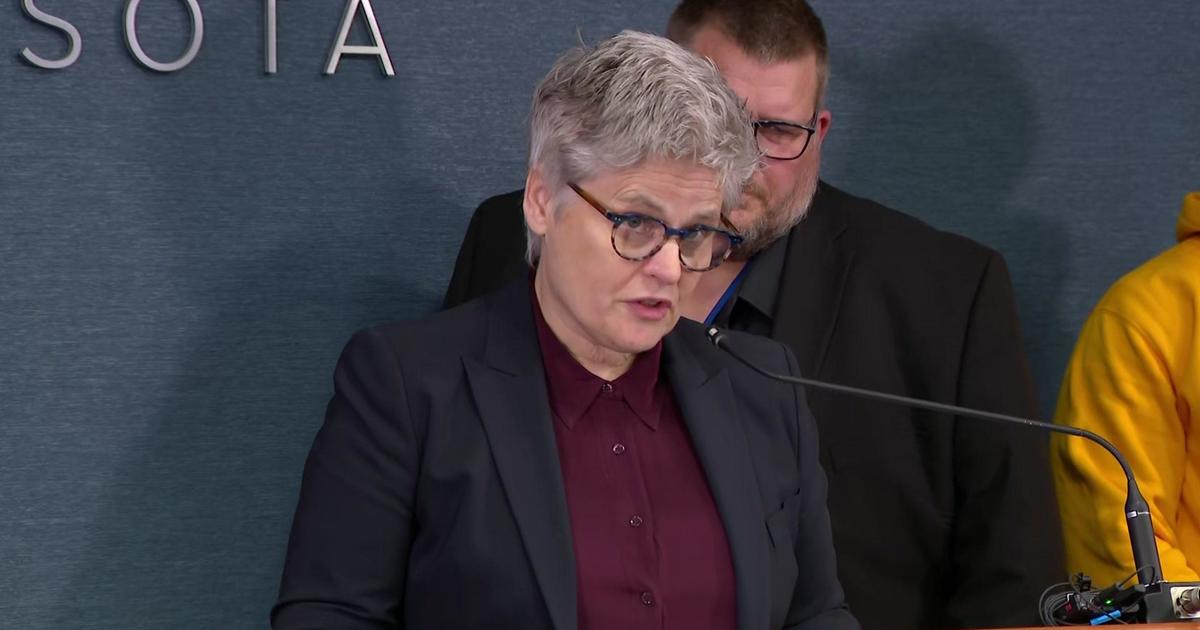'Wall Of Forgotten Natives' Lays Bare Mpls. Housing Crisis
MINNEAPOLIS (WCCO) -- A housing crisis has turned into a very visible problem for the city of Minneapolis.
A group of tents first showed up about a month ago along a wall next to Hiawatha Avenue near Franklin Avenue. Today, there are about 150 tents serving as temporary homes. That is about double the size it was just four weeks ago.
Minneapolis City Coordinator Nuria Rivera-Vandermyde shared some short-term, and long-term solutions with city council members on the housing committee Wednesday afternoon.
WCCO-TV talked with people living at the encampment, and those who are trying to help.
City leaders call it the "Franklin-Hiawatha Encampment." Many of the people living in these tents call it "The Wall of Forgotten Natives."
"This was our stolen land, today we're reclaiming it, right? We're reclaiming it," said James Cross, the founder of Natives Against Heroin.
The group is working around the clock, in the middle of all the tents, assisting with medical needs, distributing water and food and trying to provide security.
"We push out the dope dealers as much as we can, confront them, because we say, 'We don't want you here,'" Cross said. "'We can't stop what you do, but you can bring it over there, somewhere else.'"
Drug addiction is not the only challenge here. There are mental health issues and contagious diseases.
Alissa Skipintheday, 26, died Saturday near the entrance to the camp after she had an asthma attack. Her cousin, Fabian Jones, told WCCO-TV she did not have her inhaler.
Read More: Community Helps Those In Need At Minneapolis Homeless Camp
"She lived here in the camp, you know, and she was always battling asthma, she had asthma really, really bad. And we had to help her a couple of times. I gave her my personal inhaler. Somehow, when you're moving around in a camp like this, your backpack gets lost or something," Jones said. "People need help. I don't know if it's frustration or not, they're waiting, they're patiently waiting."
Caryn Pacheco is living in one of the tents.
"I think it's safer than being on your own, being somewhere where you would be more vulnerable to all kinds of people," Pacheco said. "I mean, this is a huge community."
The Native American Community Development Institute is one of the groups working with the city to find solutions. Robert Lilligren is the president of the institute.
"It's become a very visible symbol of some of our systemic failures, and so the opportunity is here is to address those systemic failures in a coordinated way," Lilligren said. "The camp's presence brings urgency to that conversation."
City Coordinator Nuria Rivera-Vandermyde recommends finding a location where a so-called "Navigation Center" could be opened by October. It would be a place for people to stay until they find temporary, or permanent, housing.




